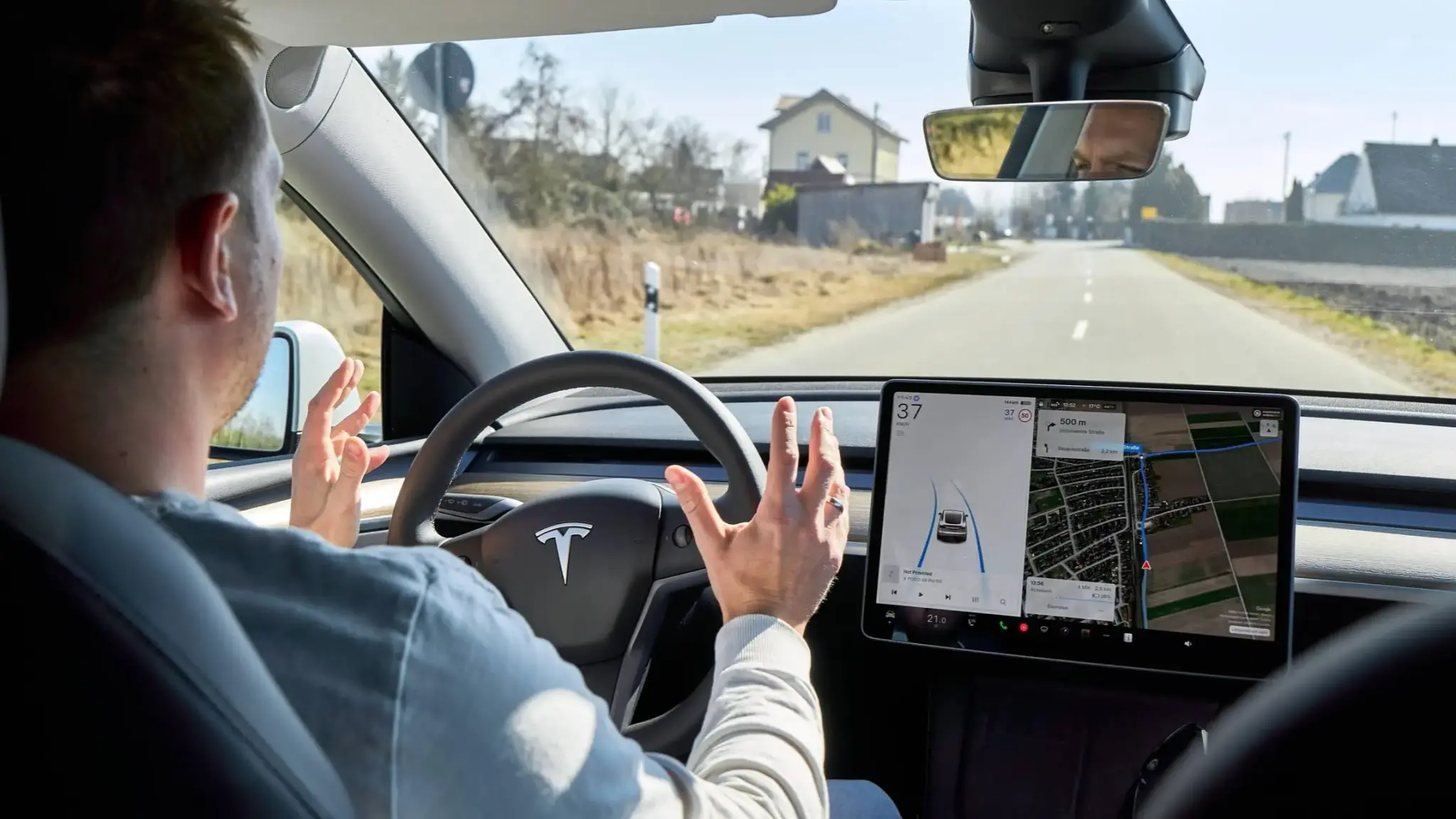Research indicates that autonomous vehicles programmed with human-like social responses could significantly reduce harm in road accidents. These 'socially sensitive' vehicles are designed to react more predictably and safely in complex traffic scenarios. By incorporating elements of human behaviour, such as anticipating the actions of other drivers and pedestrians, these vehicles can make better decisions that minimise risks for all road users.
The study highlights that current autonomous systems often lack the nuanced understanding of social cues necessary for seamless integration into existing traffic patterns. Vehicles equipped with social sensitivity can better navigate scenarios where multiple road users are involved, leading to a fairer distribution of risk and improved overall safety. This approach not only enhances the safety of autonomous vehicles but also fosters greater public trust and acceptance, paving the way for wider adoption.
Ultimately, the development of socially sensitive autonomous vehicles represents a crucial step towards creating safer and more efficient transportation systems. By prioritising the well-being of all road users and mimicking human-like decision-making, these vehicles promise to reduce accidents and improve the overall driving experience.
